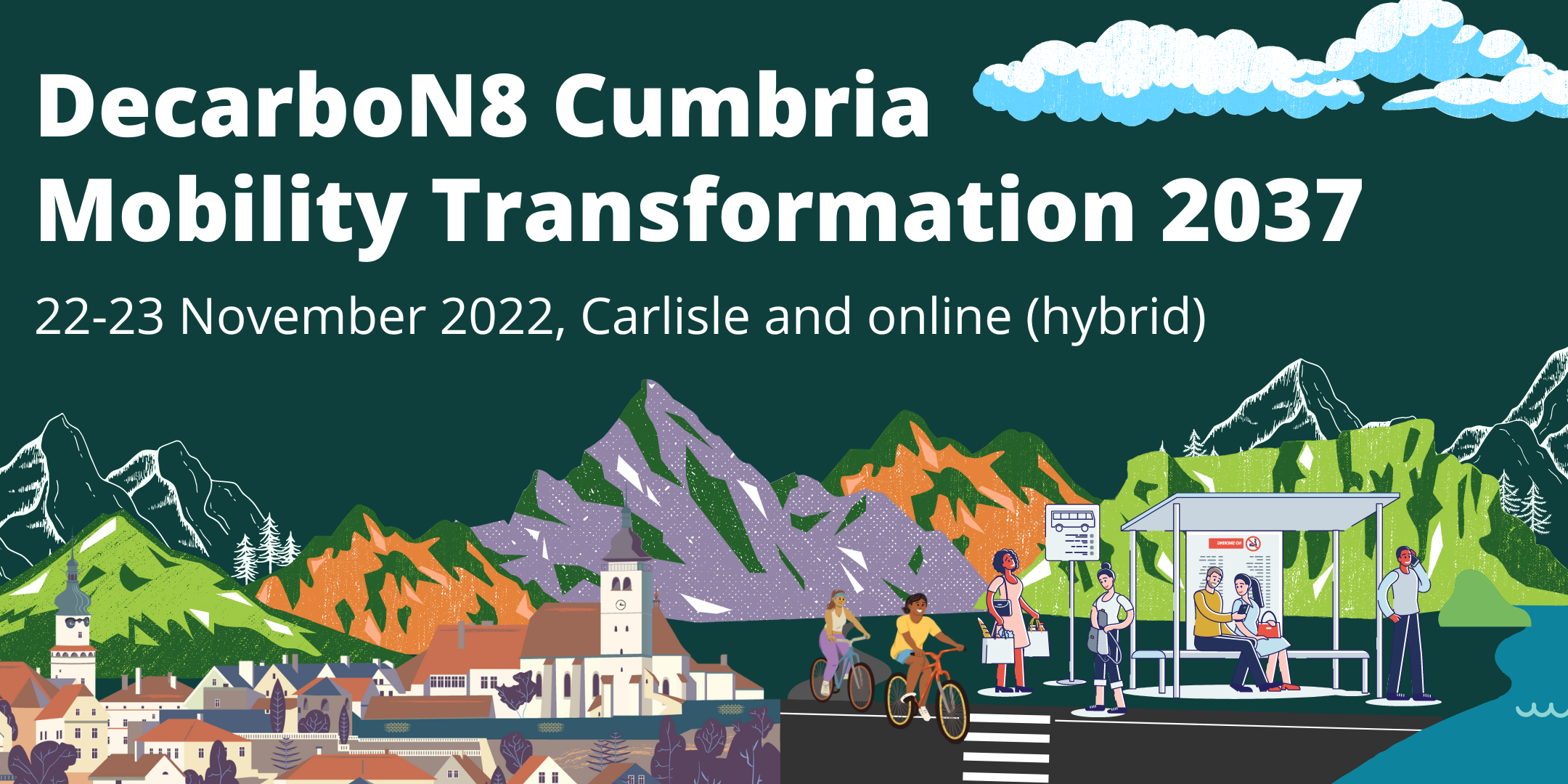Developing a Zero-Carbon vision of transport, travel and mobility in Cumbria for 2037
Symposium 22 November 2022
Instant Journal Workshop 23 November 2022
Introduction
Place-based innovation in decarbonising mobility holds great promise for climate action. We met in Carlisle and online on 22 and 23 November 2022 to explore the challenges and opportunities for developing zero-carbon mobility systems. With a focus on Cumbria, researchers, policymakers, youth and community groups and businesses came together to ask how place-based innovation could drive change and to share lessons learnt.
Cumbria holds England’s largest National Park, a World Heritage Site. It also has the most extreme mobility patterns: 47 million tourists visit the area annually[1], increasing the local population 94-fold, mainly over the summer. During winter, rural communities, and especially the elderly, experience isolation. Remoteness and deprivation exacerbate disaster-risk: the 2015 floods saw >25% of flooding in the 30% most deprived households and incurred a total of £1.6 billion in damages.[2]
Cumbria is also one of the areas worst hit by Covid-19 in the UK, yet recovery policies and climate-smart innovations often focus on cities or are generic, not designed with the needs of local businesses and communities in mind.
At the same time, aware of the enormous scale and urgency of the climate change challenge, Cumbria and the North are highly innovative. Carlisle, Kendal, Penrith and many councils have declared a climate emergency and their plans and strategies emphasise low carbon innovation. Cumbria sees itself as ‘ideally placed to deliver a significant contribution to UK plc, particularly in relation to green growth and test bed applications on the future of mobility and meeting the needs of an ageing population’.[3] A focus on low carbon innovation and sense of place as a destination of global significance are critical parts of this.
The Zero Carbon Cumbria Partnership, Lancaster University’s Cumbria Innovation Platform Project Connected Cumbria, and the DecarboN8 Research Network are working together to support place-based innovation.
On 22-23 November 2022, we came together to:
- Discover work that has been done
- Engage in creative discussions and dialogue about decarbonising mobility through place-based innovation
- Discuss recommendations for local authorities, policy-makers, the public in Cumbria, compare with experiences elsewhere
- Take part in knowledge exchange about place-based innovation
- Develop plans for future collaborations
This event was driven by collaborations between the DecarboN8 Research Network, the Zero Carbon Cumbria Partnership, Action with Communities in Cumbria (ACT), and the Cumbria Development Education Centre. With thanks to our funders: EPSRC Energy Programme and ESRC Festival of Social Science
INSTANT JOURNAL
This journal, produced by workshop participants, highlights key points from the symposium and showcases three positive future mobility scenarios which Cumbria could seek to develop, and contrasts these with the risks of doing nothing, or too little too late.
PRESENTATIONS
PROGRAMME
Tuesday 22nd November: Symposium
09:00 – 09:30 Registration and refreshments
09:30 – 10:00 Joint Welcome from DecarboN8, CUSP & ZCCP (Monika Büscher, Tim Gale, Liz Mullis)
10:00 – 10:50 Keynotes and Q&A
- Democratising Decarbonising – Professor Rebecca Willis, Lancaster University Environment Centre
- Cumbria Carbon Budget – Dr Dmitry Yumashev, Principal Land Consultant, Small World Consulting & Lancaster University Environment Centre
10:50 – 11:05 Coffee Break
11:05 – 12:05 Cumbria Pecha Kucha Presentations & Discussion (Chairs: Monika Büscher & Alistair Kirkbride)
- Recommendations, recommendations, recommendations: Priority Areas – Tim Gale, Zero Carbon Cumbria
- Cars, Carbon and Congestion in the Lake District – Steve Lenartowicz, Ambleside Action for a Future
- Working in partnership in the Lake District – Emma Moody, Lead Strategy Adviser, Recreation and Sustainable Transport, Lake District National Park Authority
- Cumbria Transport Infrastructure Plan – Michael Barry, Cumbria County Council
- The Impact of Tourism on Travel – Gemma Procter, Cumbria Tourism Sustainable Transport
- Daniel Holder, The Quiet Site

12:05 – 13:15 DecarboN8 Dialogues: Cumbria Youth & Community Perspectives
An interactive workshop session (supported by and part of the ESRC Festival of Social Science) with:
- Copeland Climate Panel representatives – William Vaudrey, Jean McKendry and Leah Burns
- Youth Climate Leaders – Clare Rodger, Isabella Bridgman and Matilda Bridgman
- Update on how Councils are collaborating with communities – Natalie Naisbitt, Local Authority Climate Co-ordinator for Zero Carbon Cumbria Partnership at Cumbria County Council
- Representative from the new Westmorland and Furness Council
13:15 – 14:15 Lunch
14:15 – 15:15 DecarboN8 Pecha Kucha Presentations and Discussion (Chair: Tim Gale)
- Introduction to the DecarboN8 Research Network – Greg Marsden, University of Leeds
- Societal Readiness Assessment – Monika Büscher & Alistair Kirkbride
- Hydrogen for Sustainable Waterways (Lake District) – Dénes Csala, Lancaster University
- Co-Designing the 15-Minute City – Alex Nurse, University of Liverpool
- Leading the way to lower carbon transport: how, when and why do older, more experienced drivers make a change? – Julie Clark, University of the West of Scotland
- Decarbonising Transport with Neighbourhood Plans (Carnforth) – Caglar Koksal, University of Manchester
15:15 – 15:30 Coffee Break
15:30 – 17:00 Back-casting activity: Future mobility scenarios for Cumbria
17:00 – 17:30 Share results, Next Steps, Close
17:30 – 18:00 Informal networking
Wednesday 23rd November: Instant Journal Workshop
Symposium participants were invited to apply to join this smaller workshop, facilitated by Nifty Fox Creative, to summarise and communicate key messages from the Symposium and DecarboN8 Dialogues in a multi-media journal.
YOUTH PERSPECTIVES
At the Cumbria Youth Climate Fest, several groups of young people created videos to share why mobility matters to them, stories of their current experiences, and visions of a low-carbon future mobility system.
Names are changed.
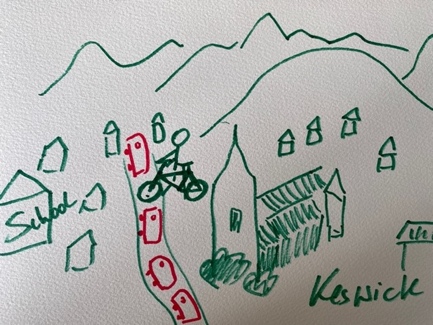
My experience of transport in Cumbria comes from cycling to Keswick School from Portinscale every day, and the bike lanes are poorly designed. I find myself having to cross a 40 mile-per-hour road at a blind bend with no protection from traffic to get to Keswick on a painted cycle gutter, again not segregated at all from traffic. I would say I am very confident on my bike but I imagine that most people would find this experience on their bike too dodgy to get to Keswick.
I envisage a future where we design our towns to prioritise the movement of people, not cars. After all, cars cause a huge amount of problems for our towns, causing congestion, adding to climate change, and causing huge parts of our towns and cities to be used only for accommodating motor vehicles, and nothing else, no wonder house prices are high!
We can solve this problem by including cycle lanes that are designed to a Dutch standard and improving our bus service to be more desirable to locals and tourists. We can do this by subsidising them and planning transit routes to places people want to go to and run them at least every 15 minutes. Obviously, the subsidies have to come from somewhere, but we can get them from having a huge car-parking tax on places like Booths car park, Bell Close car park etc. This will incentivise people not to drive, because of the parking costs.
I also suggest that we pedestrianise, in Keswick, from the roundabout at the road junction to booths/high hill road, all the way to the junction where you can go Fitz Park/Penrith Road/Southey St. Bell Close car park will be made redundant, so perhaps a block of affordable housing can be built to improve the economy, or a small park can be built instead, adding more green space. This will effectively split Keswick in half for cars, but allow easy pass-through for people walking and cycling. Consistency is very important for a town with high quality cycling, walking and public transport infrastructure.
These are just examples of what Keswick can do. My vision is that Cumbria, as a whole, uses the examples shown for Keswick. We, as a county, can be the first to do this, being the example that other counties follow in paving a way forwards for sustainable towns, cities and villages. Cars, petrol or electric, cannot be sustainable, economically or environmentally in the future. Whether it may be from the mass mining and burning of oil, or the exploitation of precious, rare earth resources, like cobalt and lithium to be used in batteries, being mined in unethical and environmentally damaging ways.
MEET THE SPEAKERS
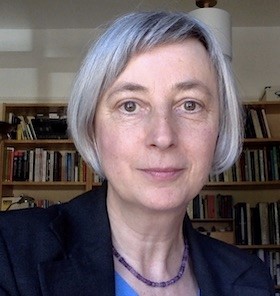
Monika Büscher
Professor of Sociology at Lancaster University, Director of the Centre for Mobilities Research
Monika is Professor of Sociology at Lancaster University, Director of the Centre for Mobilities Research and Associate Director at the Institute for Social Futures. Her research explores the digital dimension of contemporary ‘mobile lives’ with a focus on IT ethics and risk governance. She combines qualitative, ethnographic studies, social theory, and design through mobile, ‘inventive’ methods, and stakeholder engagement. Her interdisciplinary, experimental, engaged ‘public sociology’ explores and shapes socio-technical futures. She leads research on the informationalisation of risk governance, exploring opportunities and challenges in national and international projects (BRIDGE, SecInCoRe). Her theoretical orientation builds on mobilities research, phenomenology, ethnomethodology, science and technology studies, feminist and non-representational theory, and design research. In 2011 she received an honorary doctorate for her work in participatory design from Roskilde University, Denmark. She edits the book series Changing Mobilities (Routledge) with Peter Adey.
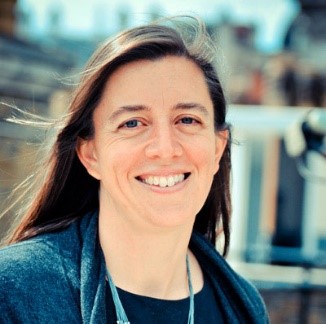
Rebecca Willis
Professor in Energy & Climate Governance, Lancaster University
Rebecca Willis is a Professor in Energy & Climate Governance at Lancaster Environment Centre, where she leads the Climate Citizens project. In 2020 she was an Expert Lead for Climate Assembly UK, the Citizens’ Assembly established by the UK Parliament. Rebecca is a Trustee of the New Economics Foundation and an adviser to the National Lottery’s Climate Action Fund. She features on the Woman’s Hour Our Planet Power List which highlights 30 women making an impact by helping to protect our planet. Her book, Too Hot To Handle? The democratic challenge of climate change was published by Bristol University Press in March 2020. Previously, she was a research fellow for the IGov project at the University of Exeter, investigating energy governance. From 2015-2019 she was a member of the Scientific Advisory Committee of UKRI’s Energy Programme, and from 2011-15 she was a Council Member of the Natural Environment Research Council. She was Vice-Chair of the UK Sustainable Development Commission, advising the Prime Minister and First Ministers of the devolved administrations, from 2004-2011. In 2009 Rebecca founded Green Alliance’s Climate Leadership Programme, an initiative to support Members of the UK Parliament, and earlier served as Green Alliance’s Director. Rebecca has a degree in Social and Political Sciences from the University of Cambridge, and a PhD from Lancaster University.
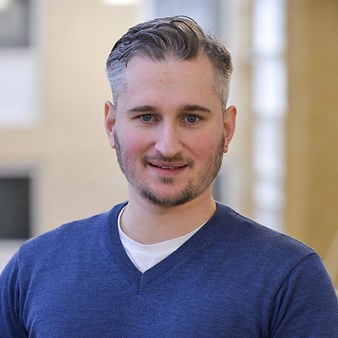
Dmitry Yumashev
Principal Land Consultant, Small World Consulting & Lancaster University Environment Centre
Dmitry has a background in applied mathematics and started his career as an aerospace scientist before moving to sustainability and climate change. He has worked on a range of projects with partners from academia, the private sector, the UK Government and the United Nations. At Small World Consulting, Dmitry leads the portfolio of projects on assessing landscape-level carbon emissions and land use change options to aid carbon sequestration. Recent clients include all UK National Parks, all Welsh AONBs, Cotswolds and Cannock Chase National Landscapes, Cumberland and Westmorland & Furness Councils, and private estates.
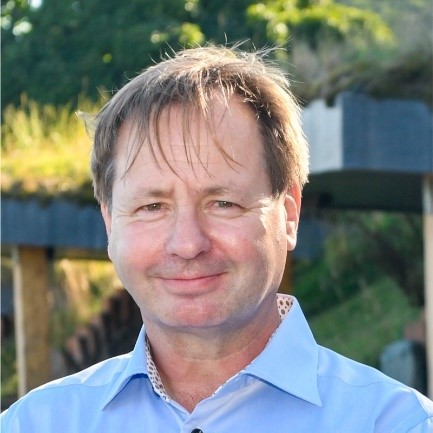
Daniel Holder
Daniel bought The Quiet Site, a Carbon Neutral Holiday Park set amongst the stunning fells that overlook Ullswater, in 2000 after working for several years as an electrical engineer in London. He runs a business that has both an environmental and social conscience. The team are all paid a living wage and operate with a high degree of autonomy. The Quiet Site has reinvested in sustainable measures for two decades and started to trade as a Carbon Neutral from 2017. They opened a Zero Waste shop in 2019 which marked the beginning of their transition into a circular economy. Daniel believes that waste needs to be designed out of our lives and is keen to implement this. In 2020 The Quiet Site was awarded a Queens Award for Enterprise: Sustainable Development.
Michael Barry
Cumbria County Council
Michael Barry is Senior Manager for Economy and Place at Cumbria County Council. Michael manages the Council’s Infrastructure Planning and Place and Enterprise teams.

Gemma Procter
Sustainable Tourism Officer, Cumbria Tourism
Gemma Procter has worked within Travel and Tourism in Cumbria for over 15 years and has been involved with sustainable transport projects such as the GoLakes Travel Programme. In 2020 she completed her Professional Certificate in Sustainable Tourism with the Global Sustainable Tourism Council.
With a background in marketing, her specialism is teaming practical information and inspiring content to help enable behaviour change whilst travelling for leisure.
William Vaudrey
Copeland Climate Monitoring Group
Former member of the Copeland People’s Panel and current lead of the Copeland Climate Monitoring Group.
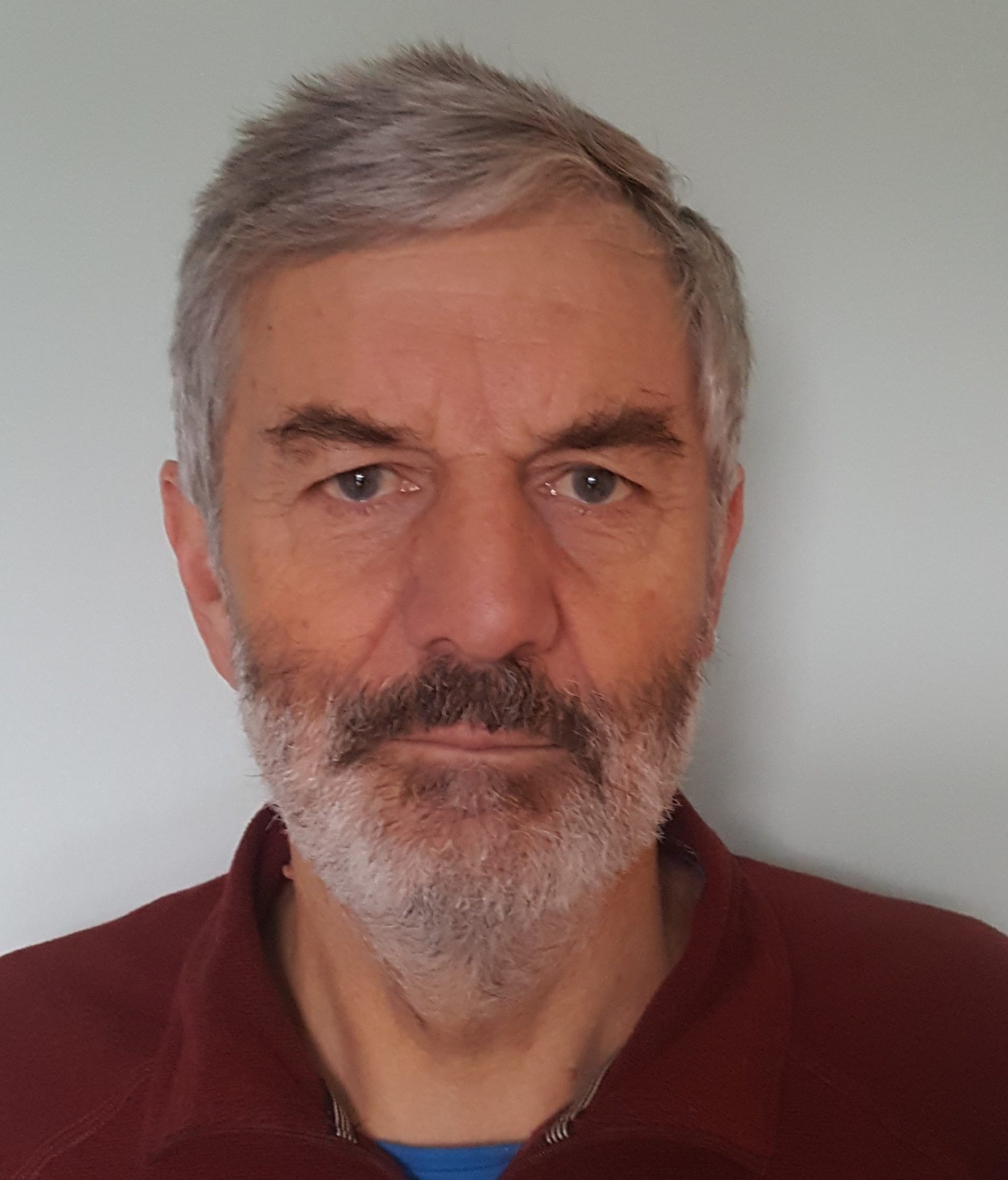
Steve Lenartowicz
Steve Lenartowicz is a trustee of Ambleside Action for a Future, a network of local residents working together to mitigate climate and environmental breakdown and build community resilience.
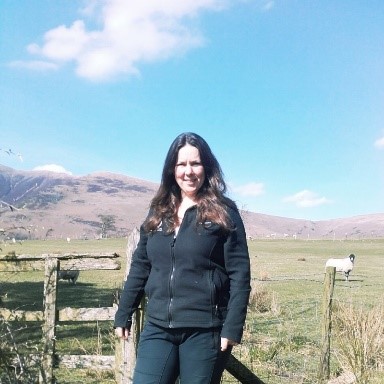
Emma Moody
Lead Strategy Adviser, Recreation and Sustainable Transport, Lake District National Park Authority
Emma is Lead Strategy Adviser for recreation and sustainable transport for the Lake District National Park Authority. In her current role she develops strategies and policies to help develop sustainable tourism through working in partnership to improve opportunities for low carbon travel and recreational opportunities which are suitable for a wide range of visitors and residents. This has included developing a vision for sustainable travel for the Lake District, working with partners to develop the transport elements of the partnership Plan as well as facilitating the development of projects including new cycle and walking trails and shuttle bus services. Emma has over 25 years of experience in the field of sustainable transport, previously having had roles with Cumbria County Council and Northumberland National Park.
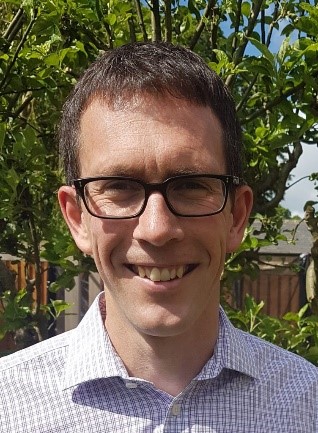
Greg Marsden
Professor of Transport Governance at the Institute for Transport Studies, University of Leeds and Director of the DecarboN8 Research Network
Greg is Professor of Transport Governance at the Institute for Transport Studies at the University of Leeds. He has researched issues surrounding the design and implementation of new policies for over 20 years covering a range of issues. He is an expert in climate and energy policy in the transport sector and is the Transport Decarbonisation Champion for EPSRC. He is the Principal Investigator on the DecarboN8 network where he is responsible for integrating a new place based approach to decarbonising transport. Greg co-chairs the Commission on Travel Demand which has published influential studies on travel demand and shared mobility. He is the Secretary General of the World Conference on Transport Research Society and the Chair of the Special Interest Group on Governance. He has served as an advisor to the House of Commons Transport Select Committee and regularly advises local, national and international governments.
Isabella Bridgman, Matilda Bridgman and Clare Rodger
Youth Climate Leaders
Clare, Isabella and Matilda are part of the Cumbria Development Education Centre’s youth climate leaders project, helping to organise events across Cumbria for young people to discuss environmental issues. They have all been involved in climate activism since 2019, when Clare and Isabella started school striking in Cockermouth. Since then, they have appeared at youth summits and on youth panels, hosted workshops for various youth groups, and worked with organisations including Teach the Future and the UK Student Climate Network. Isabella and Matilda recently received a Friends of the Earth Earthmover Award for their work campaigning against the West Cumbria coal mine. In August, Clare travelled to Germany for a course about sustainable cities, where she participated in a workshop about reimagining transport systems; she has since delivered a version of this workshop at a recent youth climate summit.

Natalie Naisbitt
Local Authority Climate Coordinator for Zero Carbon Cumbria Partnership, Cumbria County Council
Biography TBC
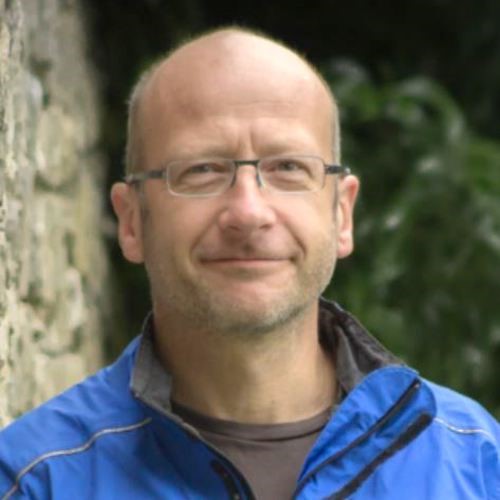
Alistair Kirkbride
Visiting Fellow, Lancaster University
Alistair has worked in transport demand management in the public, private and voluntary sectors for 20 years. His particular interests are in new approaches to creating resilient, fair and low-impact access and transport in rural communities and national parks. This work relates to a conviction that there is benefit to blurring the boundaries between how people travel and explore and the visitor experience. Alistair was sustainable transport adviser at Lake District National Park between 2010 and 2014. As a freelance consultant, Alistair has developed close working relationships with the Lake District National Park Authority and Peak District National Park Authority. Alistair also has a long-standing interest in shared transport and was executive director at CoMoUK, and is a long-standing advocate of shared cars “vaccinating” people against car dependency, and of the (as yet) unrealised potential of shared e-bikes – all as part of integrated transport solutions for modern low impact mobility lifestyles.

Dénes Csala
Lancaster University
Dénes is a newly appointed lecturer (assistant professor) in Energy Storage Systems Dynamics with Energy Lancaster. His research interests include system dynamics, energy transitions, energy storage, complex systems, multi-agent systems and data visualization. Dénes’ previous work revolved around data science and system dynamics simulation modeling to study problems of sustainable energy transitions and biophysical economics, where he developed global and national climate-compliant decarbonization paths. His data analyses and visualizations balance on the fine line between work and hobby and he has participated in, organized and led educational workshops on sustainability and renewable energy across developing regions in Asia and Africa. He also leads the datactivism blog ‘Try something new. Everyday.’, exploring topics in development through data analysis and visualization.

Caglar Koksal
University of Manchester
Dr Caglar Koksal is a Research Associate and Lecturer in Urban Planning at The University of Manchester. His work and research focus on spatial planning, urban governance and policy, and healthy inequities. He investigates these topics through practically-engaged, evidence-focused, critical research and using both quantitative methods, such as spatial analysis, and qualitative methods, such as critical policy analysis and elite interviews. Specifically, his most recent research critically investigates what sort of changes in urban governance and urban development decision-making processes are needed to bring about the imminent transformation needed to achieve our sustainability goals, not least in the land-use and transport systems.
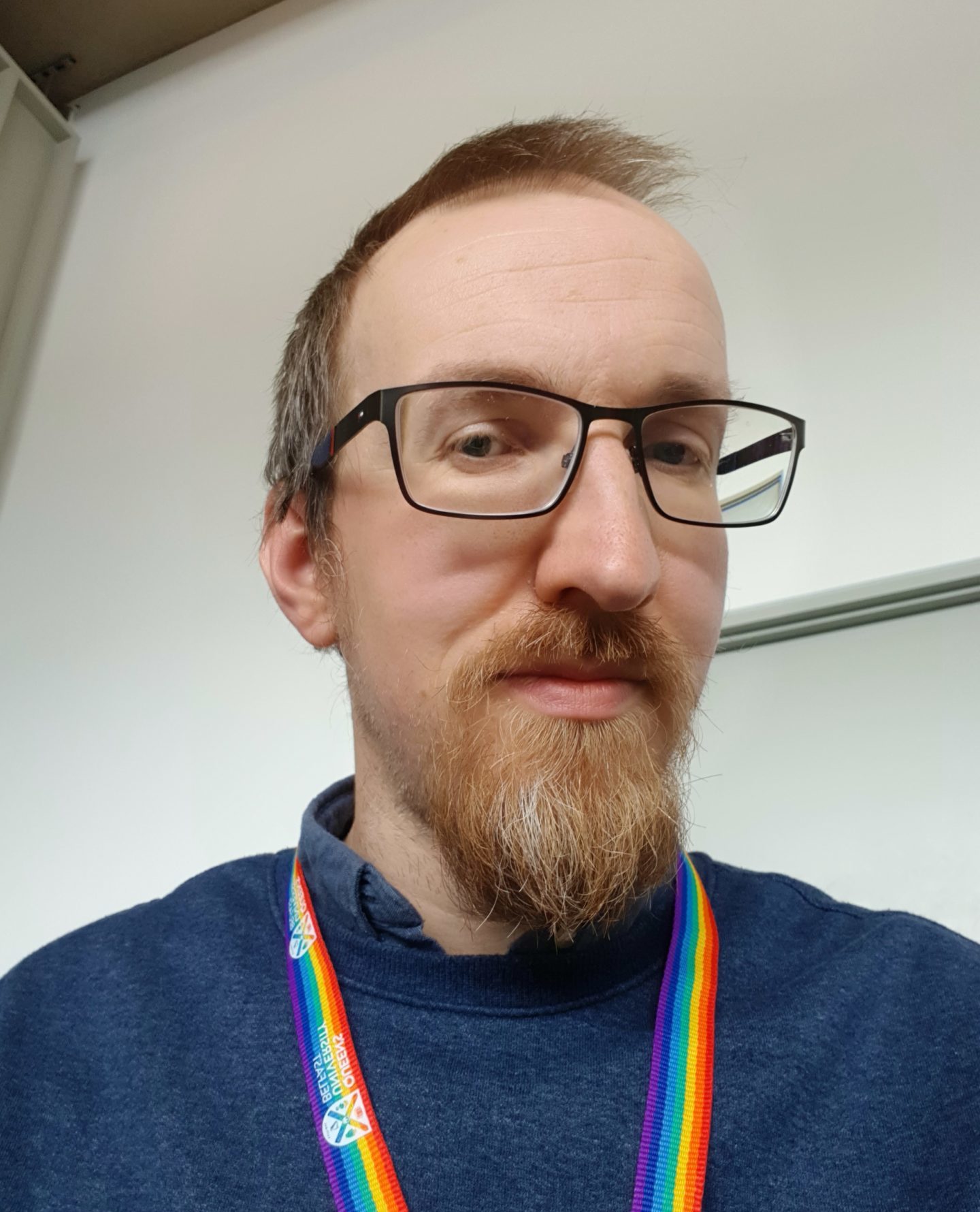
Alex Nurse
University of Liverpool
Dr Alex Nurse is a Senior Lecturer in Urban Planning at the University of Liverpool. His research interests focus on matters of urban governance, and urban cycling policy. Alex’s interests broadly focus on one question: how can local actors use policy levers to deliver outcomes that are important for them. These questions have been explored at every scale of the city: from Mayoralities to neighbourhoods. Most recently, Alex’s research has focused on the potential for delivering a step-change in how cities provide for cycle infrastructure. In particular, his research has focused on the phenomena of ‘bikelash’ (i.e. resistance to such schemes, and how planning techniques can prevent/minimise these occurrences.
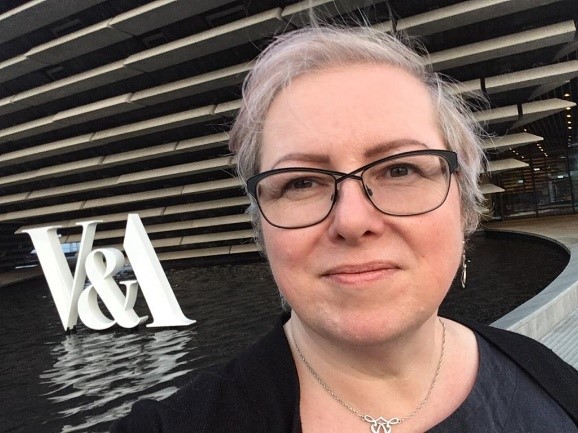
Julie Clark
University of the West of Scotland
Dr Julie Clark is a Senior Lecturer in Sociology and Social Policy. Her primary research focus is urban and regional policy, with a special interest in the impacts of the urban environment on social inclusion, health and wellbeing. Sustainability forms a recurrent theme in her research and Julie is currently the Principal Investigator on an Engineering and Physical Sciences Research Council funded project for the DecarboN8 network, exploring modal shift in transport and the social acceptability of policy. She recently served for three years as Associate Director (Methods Hub) with the Economic and Social Research Council Doctoral Training Partnership at the Scottish Graduate School for Social Science. Julie was previously the research lead, project-managing the award-winning GoWell East Research and Learning Programme, a five-year, mixed methods research project investigating regeneration interventions and the Commonwealth Games in Glasgow. Drawing on her track record of applied, policy-relevant social research, Julie has given evidence to government committees to inform policy development in the fields of urban transport, housing, physical activity and wellbeing. Addressing social and policy challenges through engagement with community and policy stakeholders is fundamental to Julie’s research field and she is deeply committed to collaboration between academic research, policy and the wider community.

